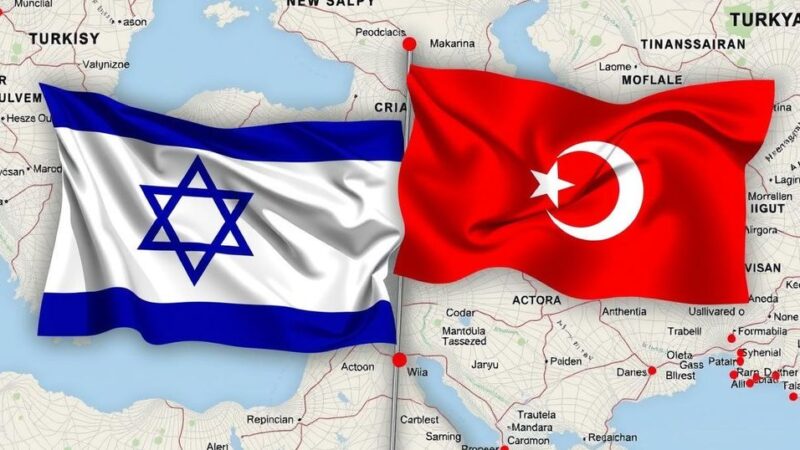Yoav Gallant, Israel’s former defense minister, was dismissed due to conflicting views with Prime Minister Netanyahu over the military campaign in Gaza and a shift in focus toward threats from Hezbollah in Lebanon. Gallant advocated for resolution in Gaza, diverging from Netanyahu’s strategy. This tension reflects broader issues in Israeli politics concerning military engagement and leadership accountability amid ongoing conflict.
Yoav Gallant, Israel’s recently dismissed defense minister, a former military general, played a pivotal role in Israel’s operations against Hamas in Gaza. However, his relationship with Prime Minister Benjamin Netanyahu became strained due to differing views on the direction of the military campaign. Gallant advocated for a renewed focus on the northern border with Lebanon, particularly addressing threats from Hezbollah. This conflicted with Netanyahu’s perspective on the Gaza conflict, where Gallant pushed for a path toward resolution, a stance that proved contentious as tensions mounted. In statements made following his dismissal, Netanyahu acknowledged that trust between him and Gallant had deteriorated, leading to the decision to replace Gallant with Foreign Minister Israel Katz. Gallant’s military strategy emphasized positioning Israeli forces against Hezbollah shortly after the onset of the conflict, suggesting a shift in priority as the war in Gaza progressed into its second year. Analysts noted that Gallant viewed engaging Hezbollah as strategically essential, given the group’s formidable capabilities compared to Hamas. In this complex political landscape, Gallant developed a reputation as a serious political figure focused on military efficacy and national interests rather than political maneuvering. His pragmatic approach garnered respect even from those with differing political beliefs. Nonetheless, his leadership came under scrutiny, as his involvement in the war drew allegations of war crimes amid significant casualties from ongoing operations in Gaza. A UN report has verified substantial civilian casualties resulting from these military actions, heightening scrutiny of both Netanyahu and Gallant’s actions during the conflict. Despite his career achievements, Gallant remained at odds with Netanyahu on various fronts, including contentious judicial reforms and discussions surrounding potential ceasefire negotiations in Gaza. Observers describe Gallant as a potentially unifying figure, particularly in contrast to Netanyahu’s often confrontational political stance. In an August statement, Gallant was quoted dismissing Netanyahu’s claims of aiming for a decisive victory in Gaza as “nonsense.” His complex legacy speaks to the challenges faced by Israel’s leadership amid a protracted conflict and the shifting public sentiment regarding military strategy and political accountability.
The dynamics of Israeli politics often intertwine with military strategy, particularly in the context of ongoing conflicts with groups such as Hamas and Hezbollah. In recent years, decisions regarding military operations have sparked intense political debate, reflecting divergent views within the governing body. The relationship between military leadership figures like Yoav Gallant and political leaders such as Prime Minister Benjamin Netanyahu reveals deeper tensions pertaining to national security strategies and approaches toward engagement with adversarial forces. The current discourse is framed by significant military engagements and their social implications in Israel and surrounding regions.
In conclusion, Yoav Gallant’s dismissal from his role as defense minister underscores the broader tensions within Israel’s leadership regarding military strategy, particularly concerning the conflict in Gaza and threats from Hezbollah in Lebanon. While his decisions regarding military engagement have been shaped by significant geopolitical considerations, his removal highlights the complexities of aligning military and political objectives in times of conflict. The diverging paths of Netanyahu and Gallant may signal ongoing challenges as Israel navigates this multifaceted landscape.
Original Source: www.barrons.com







